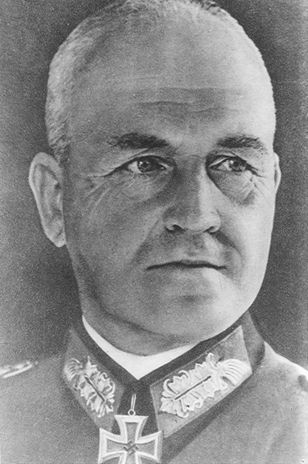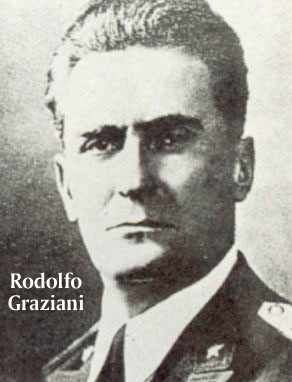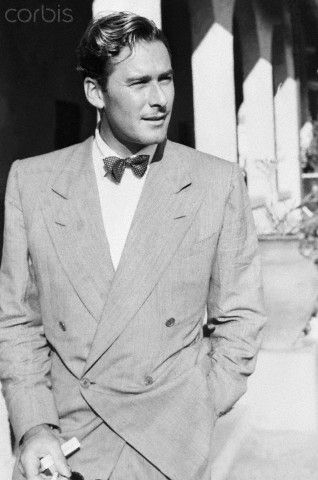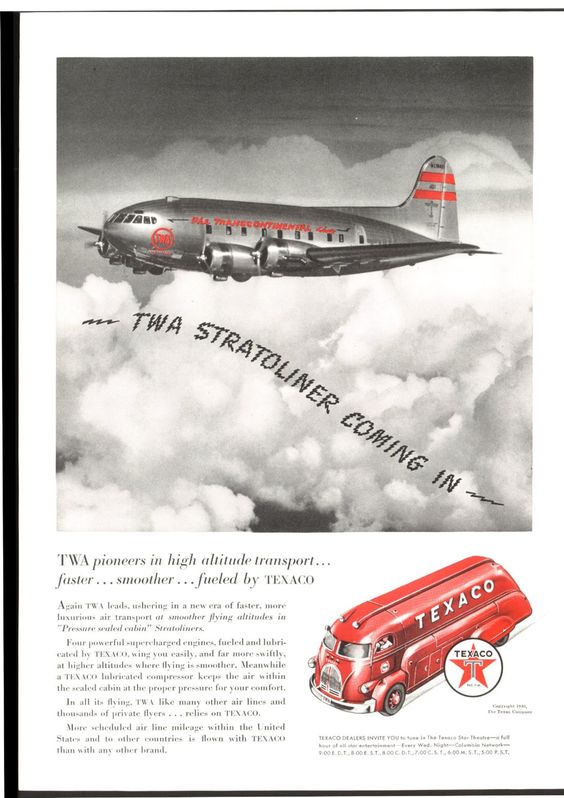Tuesday 25 June 1940
 |
| French surrendering (Ang, Federal Archive). |
Operation Ariel, the evacuation of people from France to England, concludes at 14:00 on 25 June 1940. Scattered evacuations, however, continue on the Mediterranean coast into August. There have been 214,000 people taken to England since the commencement of Operation Cycle (evacuations from Le Havre) and Operation Ariel (evacuations from Cherbourg and points south) since they began on 15 June. Among the last refugees evacuated is exiled King Zog of Albania, who departs with his family on British ship Ettrick.
Operation Collar, the commando raid near Boulogne, concludes with no British casualties and two German deaths.
The cease-fire in France goes into full effect. French Maginot Line fortresses surrender.
Hitler tours some of his old battlefields near the Somme with a couple of his Great War comrades. It is around this time when Hitler supposedly visits Charlotte Lobjoie. She is a Frenchwoman who lived near the battlefields with whom he is alleged to have had an affair in 1916 after she saw him sketching while she was cutting hay. While disputed by historians, this affair is claimed to have produced a son, Jean-Marie Loret. Hitler at around this time arranges regular payments to Lobjoie for the remainder of his time in power.
 |
| General der Infanterie Hermann Geyer (7 July 1882 – 10 April 1946) received the Knight's Cross of the Iron Cross on 25 June 1940 as General der Infanterie and commander of IX. Armeekorps. |
First, U-51 torpedoes and sinks 12,049-ton British tanker Saranac 270 miles southwest of Land's End. There are 40 survivors and 4 crew perish.
Then, U-51 torpedoes and sinks 5,395-ton coal freighter Windsorwood. All 40 crew survive.
The anti-aircraft cruiser HMS Calcutta in the Gironde estuary accidentally rams and sinks Canadian destroyer Fraser as Operation Ariel winds down. All but 45 of the crew are rescued by nearby ships, including her sister ship HMCS Restigouche.
Royal Navy submarine Snapper sinks Kriegsmarine patrol vessel V-1107 off Stavanger, Norway.
Convoy OA 174 departs from Southend, Convoy OB 174 departs from Liverpool, Convoy SL 37 departs from Freetown, Convoy HX 53 departs from Halifax.
 |
| The headline in the 25 June 1940 Los Angeles Times is "Hitler ends war in France." |
European Air Operations: The Luftwaffe raids the British midlands. The RAF intercepts and loses two fighters.
The RAF sends 25 planes to attack German targets during the day, and 48 aircraft after dark.
Fifteen Bf 109 fighters intercept a Royal Air Force sweep over Abbeville.
US Government: Congress abolishes the Construction Corps of the Navy and gives them line officer status designated for Engineering Duty Only (EDO). In addition, the status of those line officers who had previously had been designated for Aeronautical Engineering Duty Only (AEDO) was also redesignated EDO.
The US begins creating an airborne force, with its first commander Major William Lee.
British Government: Winston Churchill gives a speech to the House of Commons in which he expresses concern about the ultimate disposition of the French Navy.
Switzerland: Technically neutral, Switzerland's true sympathies are called into question when President Pilet-Golaz broadcasts that he feels "relief" about the "end of the war in Europe." He announces that there a "new order" in Europe and that it is time for Switzerland to join with its own Fuhrer (using the same word as in German). "The people should follow the government as a sure and devoted Fuhrer who will not always be able to explain, elaborate and give the reasons for his decisions." He partially demobilizes the army, since in his view there is no longer a threat to Swiss sovereignty. This speech is usually described as "Petainist" and an example of collaboration by another name.
China: Admiral Decoux, commanding French naval forces in the Far East, replaces Catroux as Governor-General of French Indochina (Vietnam). He comes in determined to create infrastructure and make development progress throughout the country.
German Homefront: Adolf Hitler announces more church bell ringing and other "joyous celebrations" for what he modestly characterizes as "the most glorious victory of all time." The bells will ring for a full week, and flags fly for ten days. Many ordinary Germans, including those in the Wehrmacht, believe that this means that the entire war is over.
French Homefront: As opposed to Hitler's required celebrations, the French government announces a day of mourning, with flags to be flown at half-mast.
Hitler orders the demolition of the French memorial to the end of the First World War at Compiegne. However, he brings Marshal Foch's railway carriage, the Alsace-Lorraine Monument depicting a German eagle impaled by a French sword, and the dedication tablet back to Berlin. All that is left at the site is a statue of Marshal Foch, staring out over nothing.
There remain 1.5 million French soldiers in German POW camps.
American Homefront: New taxes are imposed to add 2.2 million new taxpayers. This will partially pay for new armaments spending, with the balance paid by bonds and deficit spending.
 |
| Admiral Decoux, French Governor-General in French Indochina during World War II. |
June 1, 1940: Devastation at Dunkirk
June 2, 1940: Hitler Visits France
June 3, 1940: Operation Paula
June 4, 1940: We Shall Fight
June 5, 1940: Fall Rot
June 6, 1940: Weygand Line Crumbling
June 7, 1940: British Evacuating Narvik
June 8, 1940: Operation Juno
June 9, 1940: Norway Capitulates
June 10, 1940: Mussolini Throws Down
June 11, 1940: Paris an Open City
June 12, 1940: Rommel at St. Valery
June 13, 1940: France Goes Alone
June 14, 1940: Paris Falls
June 15, 1940: Soviets Scoop Up Lithuania
June 16, 1940: Enter Pétain
June 17, 1940: The Lancastria Sinks
June 18, 1940: A Day of Leaders
June 19, 1940: U-boats Run Wild
June 20, 1940: Pétain Wilts
June 21, 1940: Hitler's Happiest Day
June 22, 1940: France Is Done
June 23, 1940: Hitler in Paris
June 24, 1940: Six Million Jews
June 25, 1940: German Celebrations
June 26, 1940: USSR Being Belligerent
June 27, 1940: Malta in Peril
June 28, 1940: Channel Islands Bombed
June 29, 1940: Gandhi Insists on Independence
June 30, 1940: Channel Islands Occupied
2020




